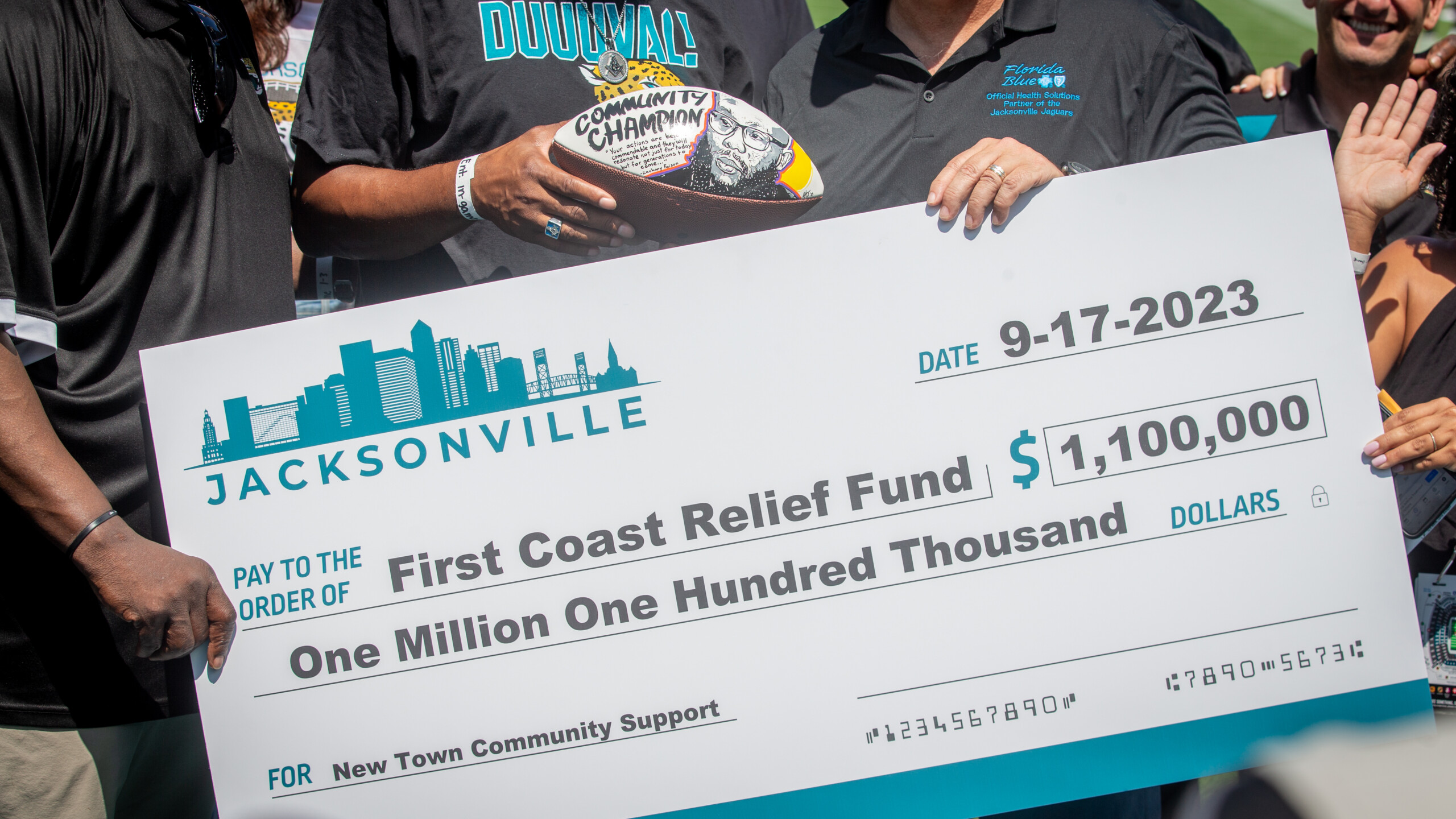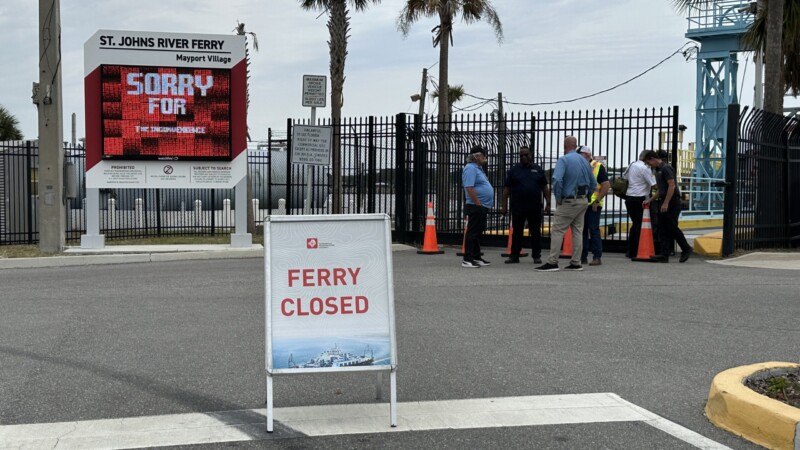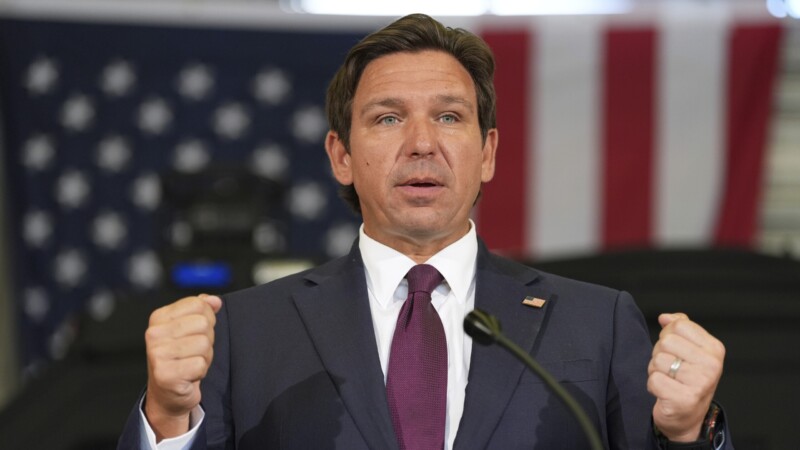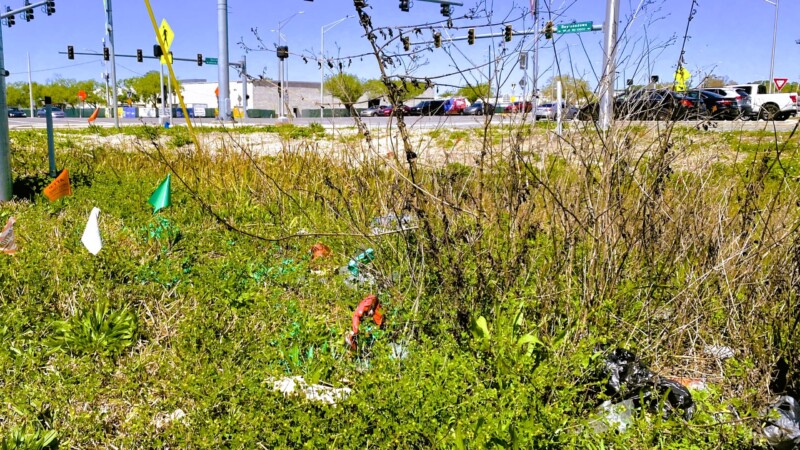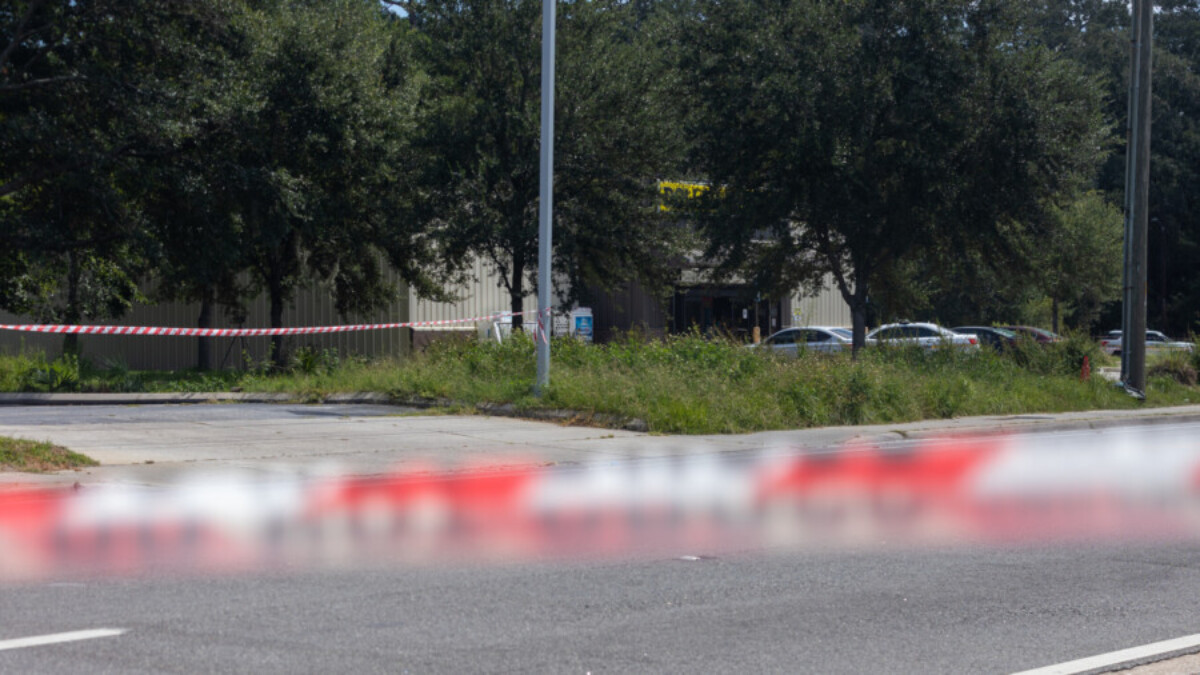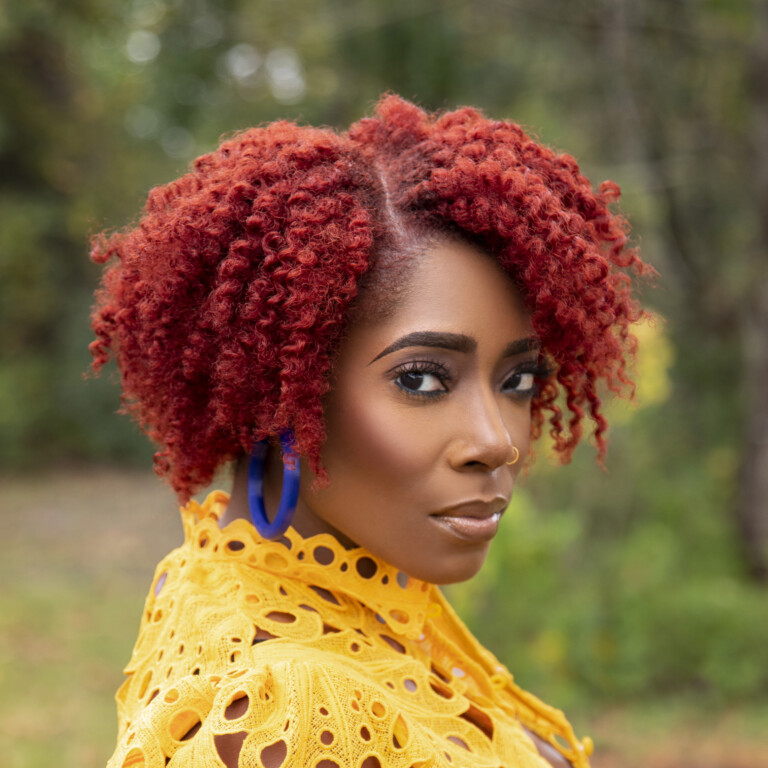
It’s been one month since a racist man killed three Black people at a Northside Dollar General. In that time, the city and its denizens have tripped over themselves to show their commitment to Black lives and eradicating hate. Mostly that looks like the $1 million dollars raised for the First Coast Relief Fund and a series of community conversations. While I support both actions they are also deeply performative. Giving money to grant making organizations and sometimes directly to groups that work within communities is a start. But we can have all the community conversations under the sun for some to glean understanding and walk away with empathy while others bear the blood and tears of their trauma in a hope for change and never see anything different. This is because of what my colleague Mike Clark wrote in his last Jacksonville Today column: “Once entrenched, segregation is difficult to reverse.”
We are living with the past. Segregation is no longer law but it is still practiced. Where we live, where we learn, where we go for care and and even emergency treatment are all still impacted by the 1896 Supreme Court ruling in Plessy v. Ferguson that established “separate but equal.” And I would argue that the dearth of police and/or vigilante violence and brutality against Black people—like the massacre at Dollar General—is directly connected to the heinous 1857 Supreme Court ruling in [Dred] Scott v. Sanford where the Chief Justice at the time wrote, “they [Black people] had no rights which the white man was bound to respect.”
This is a history we dare not confront on the off chance that internal conviction by some could lead to a move toward both equality and equity. So instead we champion the American mythos of freedom and independence made possible by the bondage and subjugation of Black people. We believe in manifest destiny and our exceptionalism while ignoring the sacrifice and genocide of Indigenous tribes. We cling close to our first nation status and excellence in industry and technology as we frown upon developing nations destabilized by imperial powers and whose people have no choice to flee for our shores as if there were a better choice.
It is easy for all of us to be sucked into the vacuum of belief that because we were not alive at the time when the most grievous injury against humankind was initially perpetrated we bear no responsibility to rectify the manifestation of its progeny in our society today. Until of course tragedy occurs. And that’s when the million dollars is raised and the conversations begin until something else bigger, more important, more pressing than justice, equality, and equity grabs our attention and the same old problems are left to linger, fester, and rot.
We have lived with rot for far too long. While grand gestures are both appreciated and welcomed they are not what will bring about or even sustain long term change. There must be a willingness to do what is right, not just for Black people, or marginalized and racially oppressed groups, but because there is an innate understanding that when you help the least fortunate, the most impoverished; when you lift the floor for them, you lift the floor for everyone. Our bottom doesn’t have to be hell, but it will take continuous work before our starting point can resemble anything close to happy on this side of heaven.
So far, I’m heartened to see some of that work in action. The city’s possibly buying the property of a liquor store in Brentwood that was about to open next to a school, without using the money earmarked for moving Confederate monuments. The groundbreaking of the new Ribault High School and even the well-rendered Pearl Street District. Sustained community investment is the consistent action needed to create change. It goes a lot further than conversation, and over time, further than a cash infusion borne of a guilty conscience and a requirement to react.
Throwing money at a problem is easy. What is not is remaining committed to creating equitable communities for all people months or years after tragedy has happened. Like all wounds, scabs form. Broken hearts heal. Over time the media spotlight dims and fades. The public moves on. But the communities, the neighbors, the people who remain still live and reckon with the harms of the past. Staying present so that we don’t forget and we don’t move on until we see a dramatic systemic change is how we can for once enjoy the present and look forward to the future because we will have corrected the mistakes of our past.
Lead image: A First Coast Relief Fund check is presented at the Jaguars’ home game at EverBank Stadium. | Will Brown, Jacksonville Today

Nikesha Elise Williams is an Emmy-winning TV producer, award-winning novelist (Beyond Bourbon Street and Four Women) and the host/producer of the Black & Published podcast. Her bylines include The Washington Post, ESSENCE, and Vox. She lives in Jacksonville with her family.


